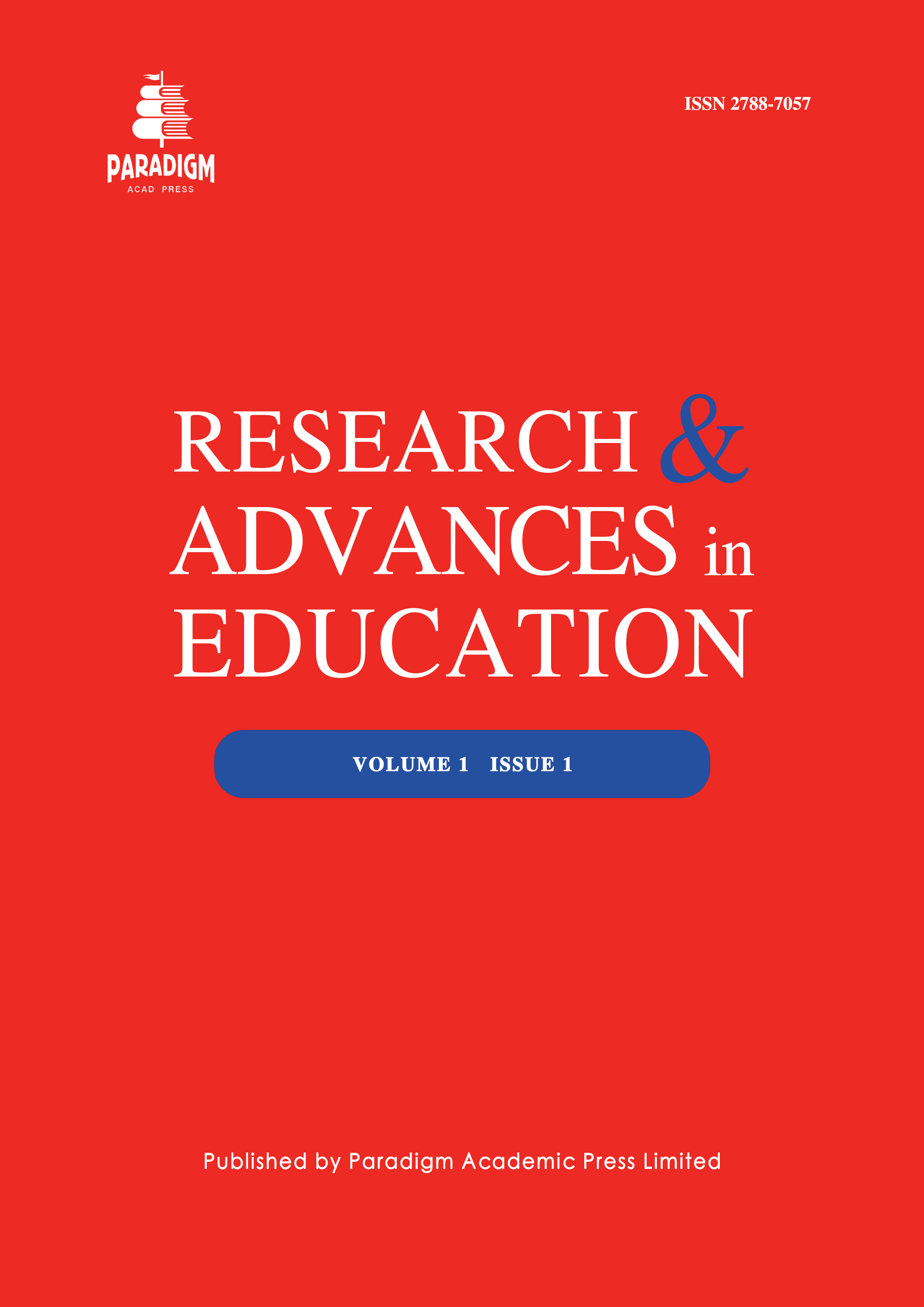Equity and Inclusion Correlates for Higher Education Financing in Uganda: Policies, Principles and Practices
DOI:
https://doi.org/10.63593/RAE.2788-7057.2025.07.001Keywords:
educational financing, higher education, equity, inclusionAbstract
This study investigated the impact of educational financing on access to higher education, with focus on equity and inclusion, by examining the available student financing opportunities available for students, evaluating the role of the available financing opportunities in promoting equity and inclusiveness, as well as analyzing the role higher education financing programs play in increasing access to higher education, with a case study of Soroti University. Results were obtained through semi-structured interviews with university students and key staff members. Findings indicated that students have access to various financing options, with scholarships and student loans being the primary forms of financial support concerning equity and inclusion. Thus, financial aid was found to be highly effective in ensuring equitable access, with a high implication on the ongoing discourse on the influence of financial support on student success, and thus the obtained results suggest strategic policy measures to be employed by government, universities, and quality community training on the available financial inclusion options aimed at fostering equitable access to higher education institutions in Uganda.


